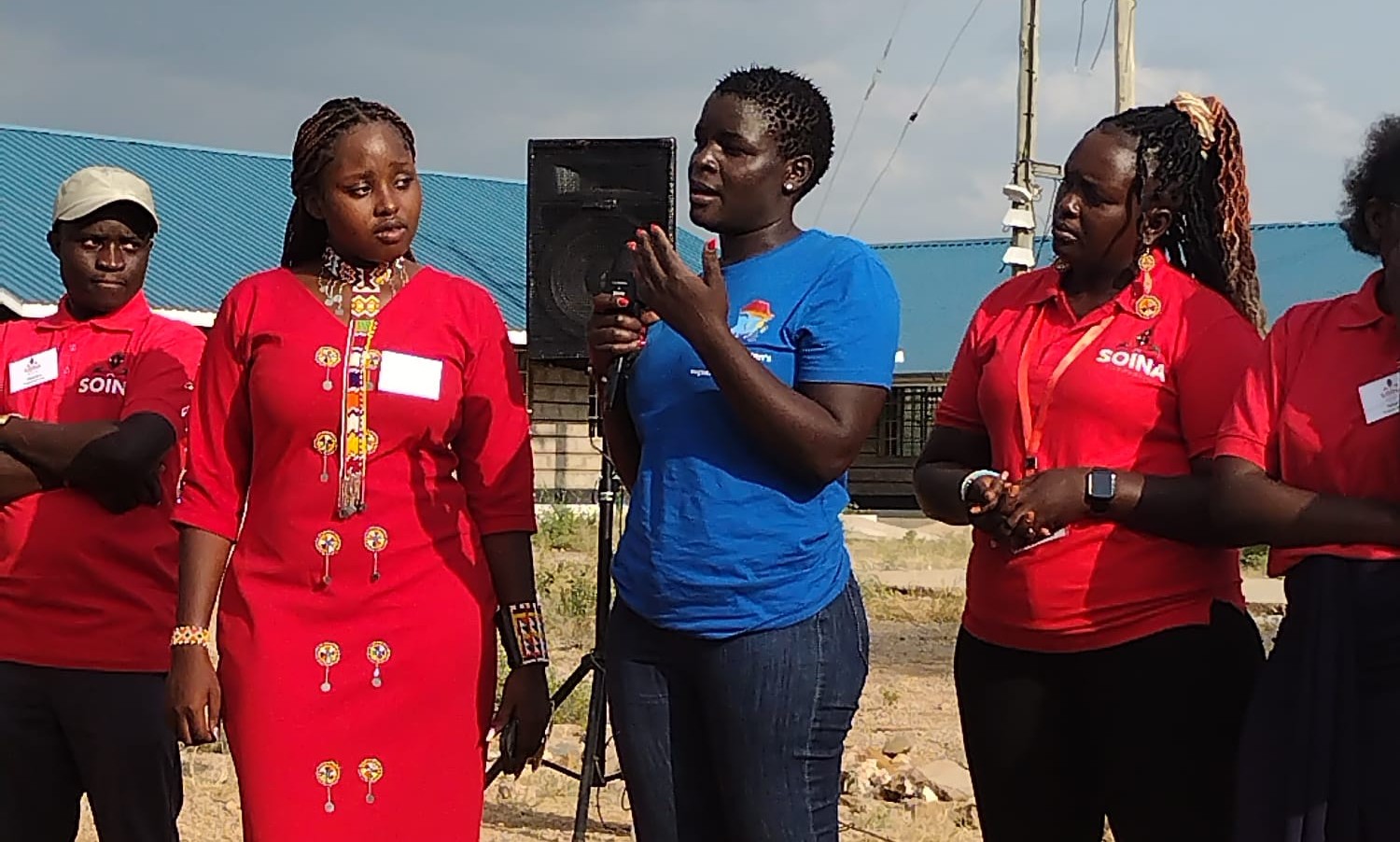The sun rose with a promise of hope and joy on June 16th, as the
Wegner Foundation celebrated the Day of the African Child in Kajiado,
Kenya. This special day, dedicated to honoring the courage, resilience,
and potential of African children, was a heartfelt reminder of our
mission: to support less privileged children in Africa with quality
education, medical health care, and safe living environments.
A Celebration of Dreams and Possibilities
The celebration began early in the morning, as children from various parts of Kajiado gathered at the community center, their faces alight with excitement and anticipation. The theme for this year’s event was “Empowering Our Future Leaders,” reflecting our belief that every child, regardless of their background, deserves the opportunity to learn, grow, and thrive.
Education: A Beacon of Hope
Education is at the core of the Wegner Foundation’s mission. Throughout the day, our dedicated volunteers and staff engaged the children in various educational activities. Interactive workshops focused on reading, writing, and arithmetic, while also introducing creative arts and science experiments. The laughter and enthusiastic participation of the children were testaments to their eagerness to learn and their boundless potential.
One of the highlights was the distribution of new school supplies and books. For many children in Kajiado, access to basic educational materials is a luxury. Seeing their eyes light up as they received their own set of books and stationery was truly heartwarming. These supplies are more than just tools for learning; they are symbols of hope and a brighter future.
Health and Well-being: Building Strong Foundations
In addition to education, the Wegner Foundation is deeply committed to ensuring the health and well-being of the children we serve. On this special day, we organized a free health camp where children received medical check-ups, vaccinations, and health education. Our team of volunteer doctors and nurses provided much-needed medical care, addressing ailments and ensuring the children’s overall well-being.
Parents and guardians were also educated on the importance of nutrition, hygiene, and regular medical check-ups. By empowering the entire community with knowledge and resources, we aim to create a healthier, happier environment for these children to grow up in.
Creating Safe and Nurturing Environments
A safe and nurturing environment is crucial for the holistic development of a child. The Day of the African Child celebration also included activities focused on creating such environments. Children participated in team-building games and trust exercises, fostering a sense of community and belonging. These activities not only provided fun and excitement but also taught valuable life skills such as cooperation, empathy, and resilience.
A Community United in Support
The success of this event would not have been possible without the unwavering support of the local community and our generous donors. Local leaders, parents, and volunteers all came together to make this day memorable for the children. Their collective effort is a powerful reminder of what we can achieve when we unite for a common cause.
Looking Ahead: A Commitment to the Future
As the sun set on this joyous day, we were filled with gratitude and renewed determination. The Wegner Foundation remains steadfast in its commitment to raising $5,000,000 to support the less privileged children in Africa. Through our ongoing programs, we strive to equip these young ones with the necessary life skills to navigate the real world.
The Day of the African Child in Kajiado was more than just a celebration; it was a reaffirmation of our belief that every child deserves the opportunity to dream, learn, and grow. Together, we can make a difference and help these children reach their full potential.
Join Us in Making a Difference
We invite you to join us in our mission. Your support can transform lives and create lasting change. Together, let’s empower the future leaders of Africa, one child at a time.
For more information on how you can contribute, visit our website or contact us directly. Every contribution, no matter how small, brings us one step closer to our goal.













